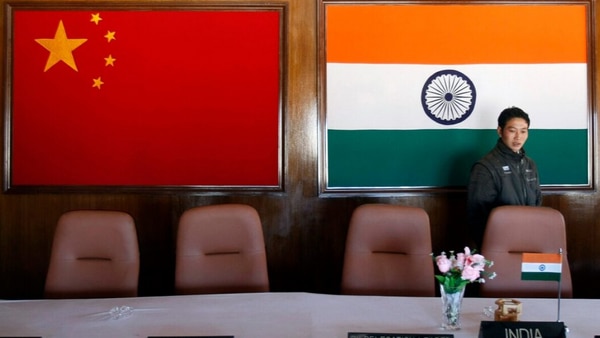In a blog post, Microsoft referenced its ‘Threat Intelligence insights’ report to elucidate China’s utilization of counterfeit social media accounts to gauge voter opinions on divisive issues, fostering discord and potentially impacting the outcome of the US presidential election in their favor.
The latest East Asia report from the Microsoft Threat Analysis Center (MTAC) highlighted the expectation that Chinese cyber and influence entities, along with North Korean cyber actors, would focus on influencing elections in India, South Korea, and the United States.
How China and North Korea Could Impact Elections in India, US, and South Korea
-
China’s Influence Operations on US Political Topics: China reportedly initiated the use of generative AI to craft visually appealing content. The Microsoft Threat Intelligence report identified AI-generated memes targeting the US, emphasizing China’s escalated deployment of AI-generated content to influence and sow discord on various contentious issues, including domestic controversies like the Kentucky train derailment, Maui wildfires, Japanese nuclear wastewater disposal, drug use, immigration policies, and racial tensions in the US.
-
North Korea’s Cyber Activities: The report highlighted North Korea’s heightened involvement in cryptocurrency heists and supply chain attacks to finance military objectives and intelligence gathering. Additionally, North Korea has started leveraging AI to enhance operational efficiency, potentially advancing its military capabilities.
-
AI-Generated Content and Anchors: The Microsoft report showcased an image illustrating Storm-1376 posting videos in Mandarin and English alleging US and India’s involvement in unrest in Myanmar. The same AI-generated anchor featured in these videos was also utilized in a campaign targeting Taiwan.
Potential Impact on Voter Opinion
The report suggested limited evidence of these tactics effectively swaying public opinion. While current content’s influence remains marginal, China’s ongoing experimentation with augmented memes, videos, and audio may yield results in the future.
China’s AI Influence in Taiwan Election
China conducted a trial in Taiwan using AI-generated content to influence voters away from a pro-sovereignty candidate. On Taiwan’s election day, Storm-1376 circulated AI-generated audio clips purportedly featuring Foxconn owner Terry Gou endorsing another presidential candidate. Notably, Gou never made such a statement, indicating the likelihood of AI-generated content manipulation.
The Indian Lok Sabha Elections are scheduled for April-May, the US presidential elections on November 5, and South Korea’s national elections on April 10. Microsoft’s timeline illustrated China’s use of AI influence during the Taiwan election.










